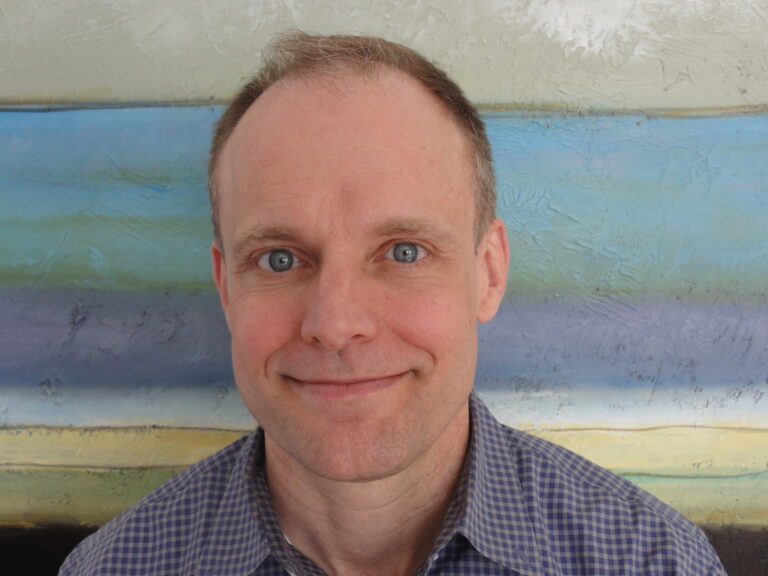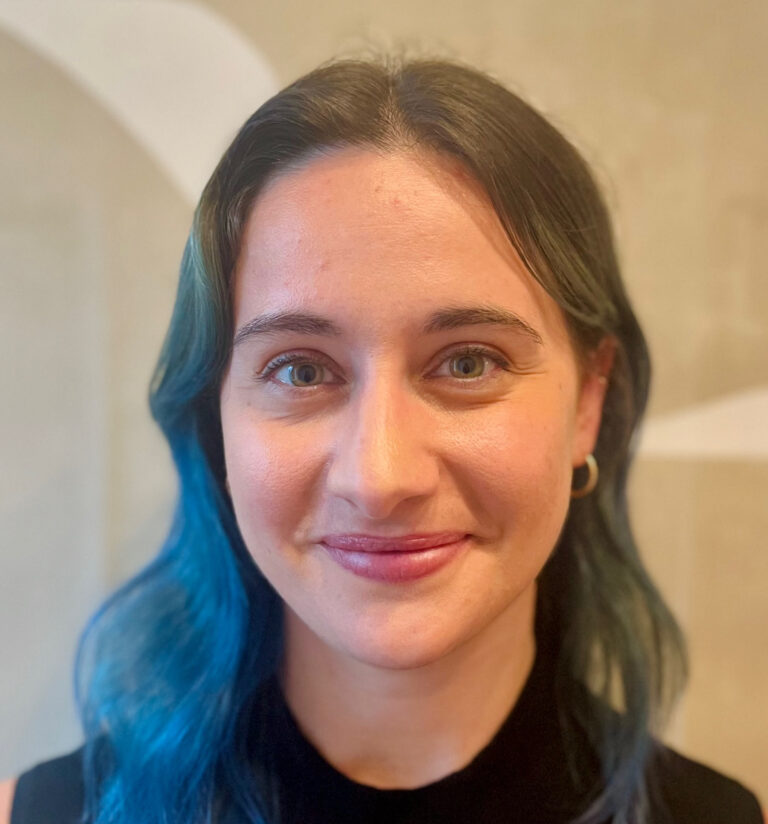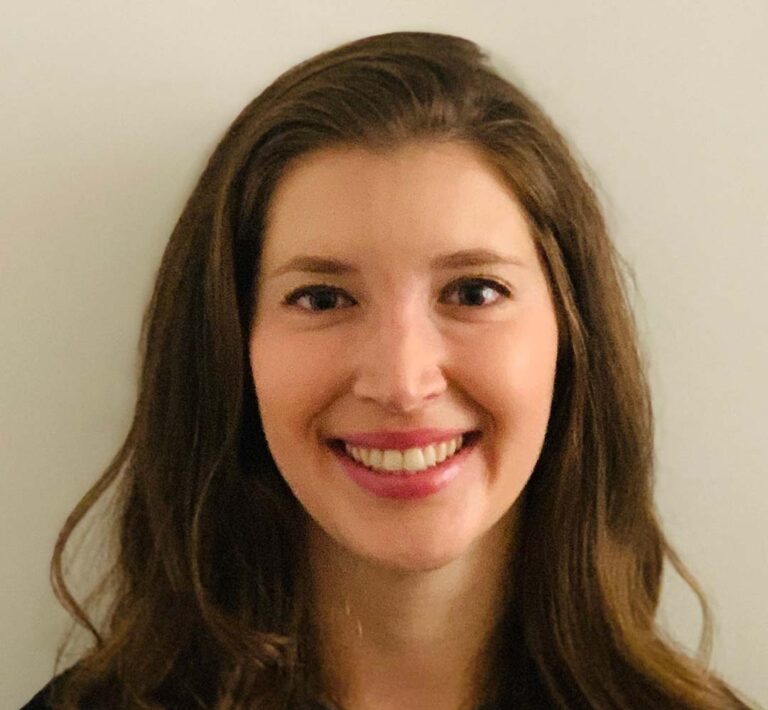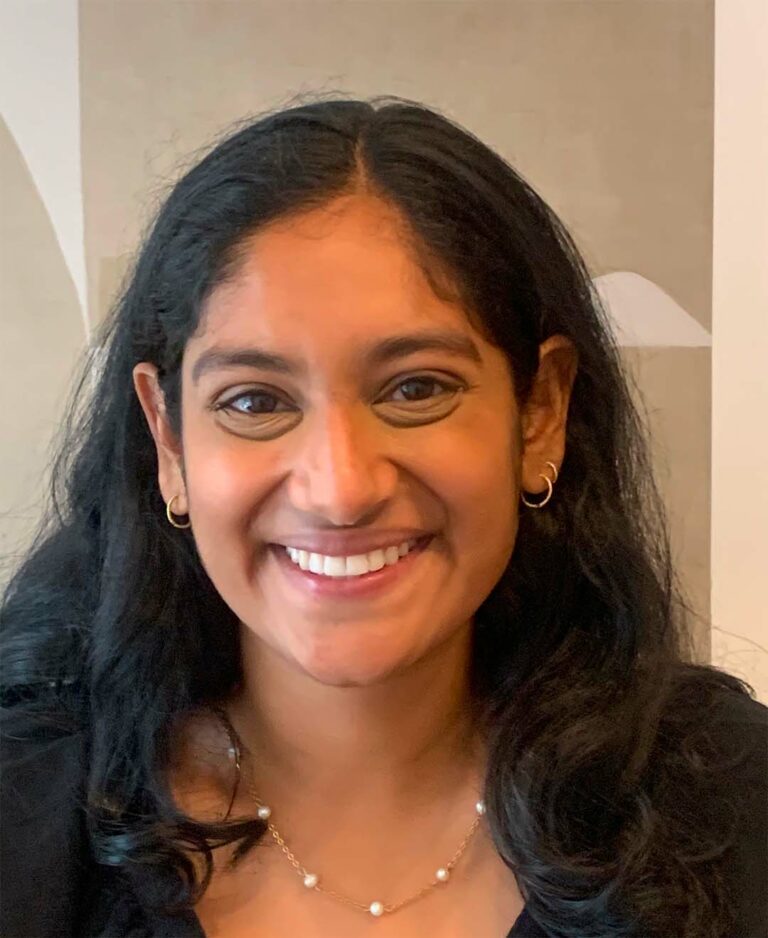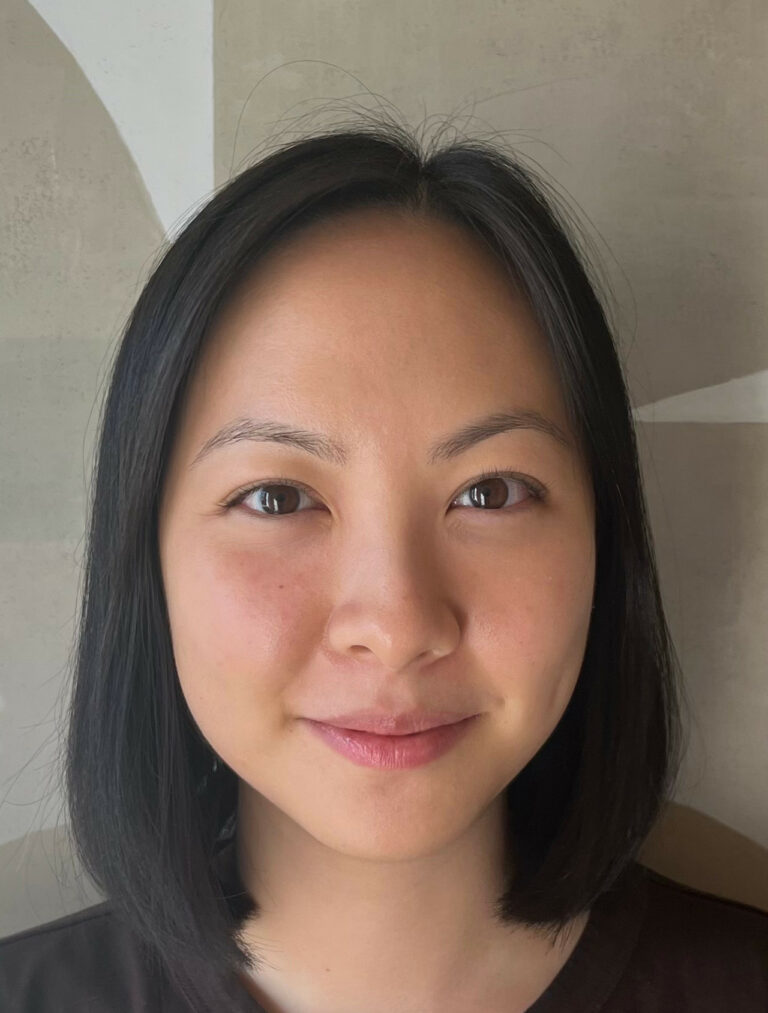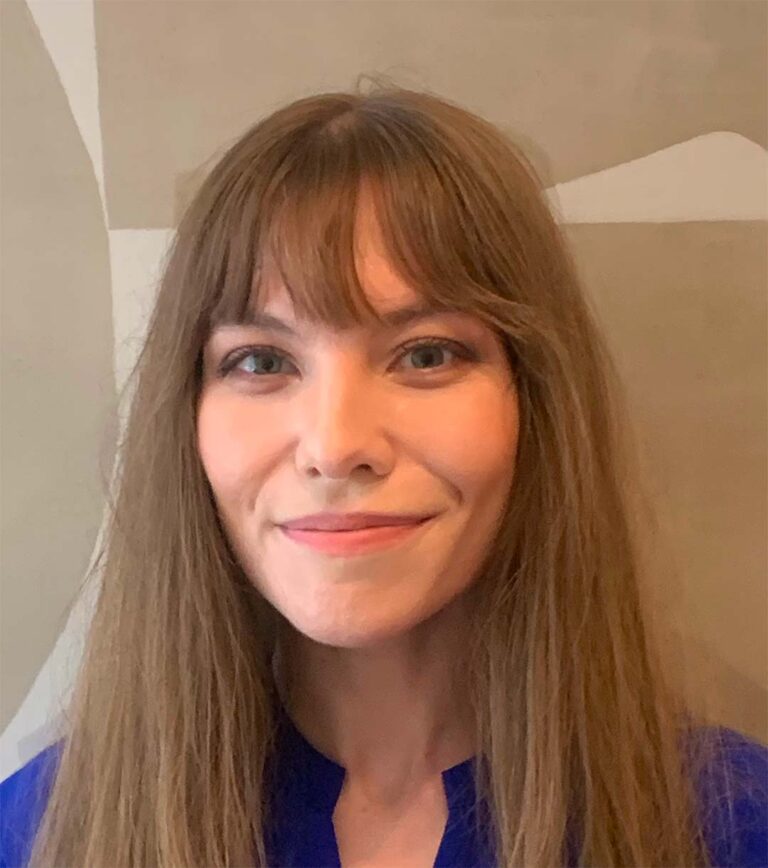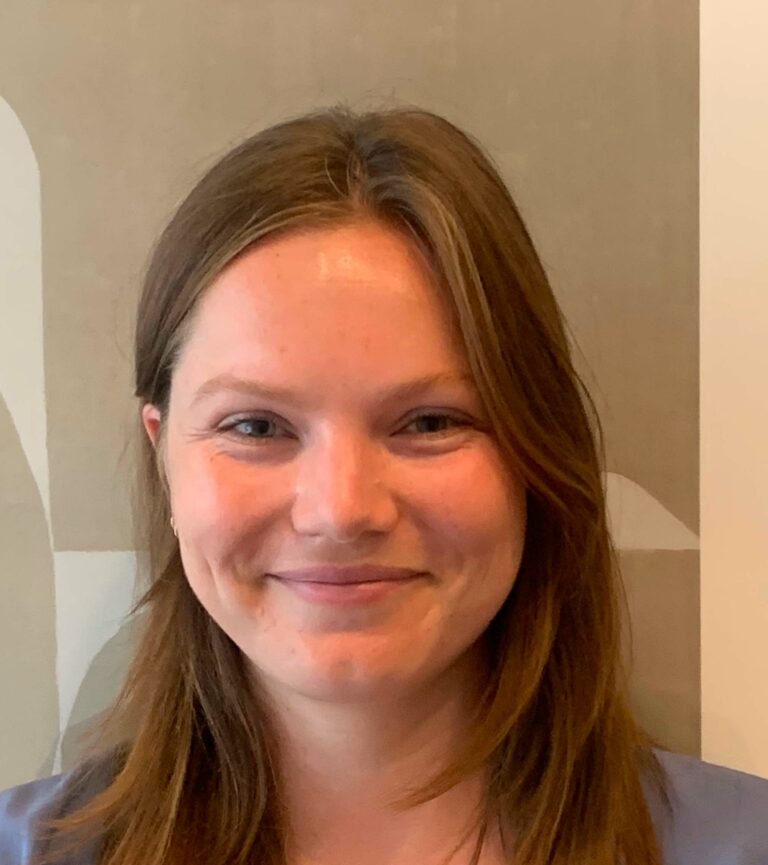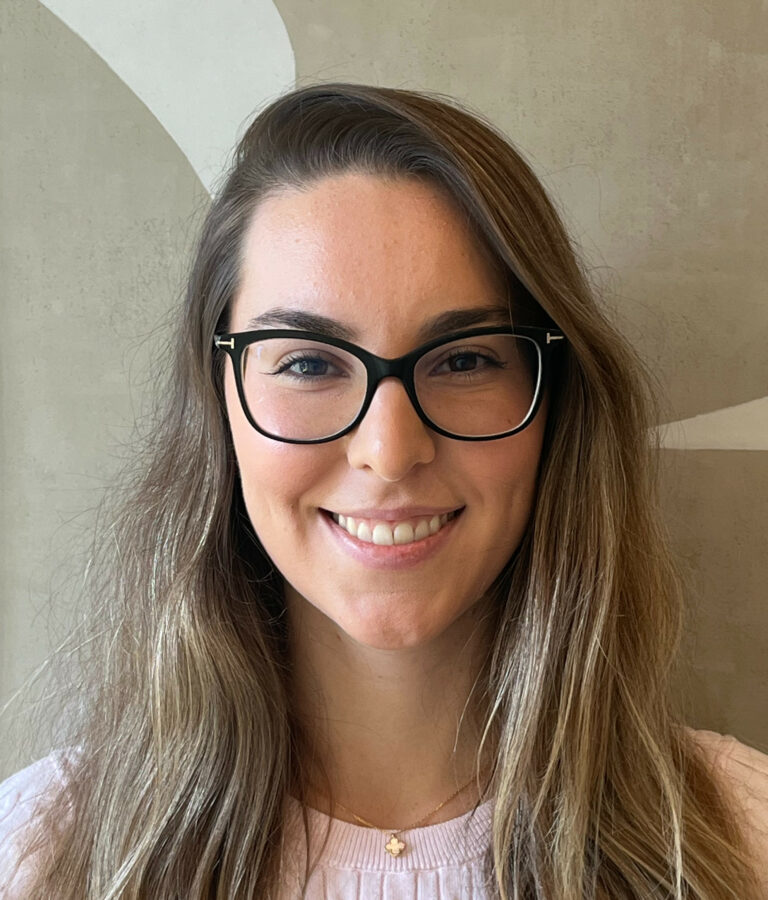Welcome to The Reeds Center
Partners in compassionate care. Experts in cognitive behavioral science.

Therapists In New York City
Who We Are
The Reeds Center provides expert cognitive-behavioral therapies for adults, adolescents and children struggling with OCD, anxiety, and related problems. We provide therapies in a variety of intensities and formats to ensure the most therapeutic and cost effective treatment for each individual we serve. We offer treatment both at our office in Manhattan, NYC and remotely via Telehealth.
What We Treat
The Reeds Center specializes in the treatment of a range of issues including:
How We Treat
At The Reeds Center in NYC we utilize the latest in evidence-based treatments in a variety of formats:
We Offer In-Person and Online Sessions to Treat OCD, Anxiety and More In NYC
Request an appointment to find out how The Reeds Center can help you overcome life’s challenges.
What Our Clients Say

Meet The Reeds Center
James Bender, Psy.D. is a Director and Co-founder of The Reeds Center. He specializes in Cognitive-Behavioral Therapies (CBT) for anxiety, Obsessive-Compulsive Disorder (OCD) and OCD related disorders, chronic worry, and panic. He also has expertise in impulse control disorders (Trichotillomania and skin picking) and anxiety disorders that co-exist with depression and insomnia.
Sam Birkenholz, Psy.D. is a licensed clinical psychologist at The Reeds Center specializing in the treatment of OCD and anxiety-related disorders in children, adolescents, and young adults. She has extensive experience using evidence-based therapies to treat OCD, anxiety and mood disorders, misophonia, body-focused repetitive behaviors, and trauma; these treatments include CBT, dialectical behavior therapy (DBT), exposure and response prevention (ERP), and other mindfulness-based interventions (ACT).
Parham Horn, Ph.D. is a licensed clinical psychologist and practice manager at The Reeds Center. She has extensive experience with evidence-based treatments, such as CBT, DBT, and ACT, for the treatment of OCD, GAD, panic disorder, misophonia, phobias, repetitive behaviors, PTSD, depression, and related disorders. She treats people across the lifespan, with a specialization in working with children, adolescents, and young adults. As part of her work with young individuals, she enjoys meeting with caregivers using empirically supported strategies, such as SPACE.
Maanasa Gade, LMSW is a senior masters-level clinician at The Reeds Center. Maanasa has extensive experience using evidence-based treatments to help individuals with anxiety and mood disorders, OCD, misophonia and trauma; these treatments include CBT, dialectical behavior therapy (DBT), exposure and response prevention (ERP), and other mindfulness-based interventions (ACT).
Stacy Suh, Psy.D. is a postdoctoral fellow at The Reeds Center. She has extensive experience using evidence-based treatments to help individuals with anxiety and mood disorders, OCD, and trauma; these treatments include CBT, dialectical behavior therapy (DBT), exposure and response prevention (ERP), and other mindfulness-based interventions (ACT), working with individuals across the lifespan.
Carrie Webb-Bearak, Ph.D. is a licensed clinical psychologist at The Reeds Center. She has extensive experience treating obsessive-compulsive spectrum, anxiety, and mood disorders using evidence-based approaches including CBT, dialectical behavior therapy (DBT), exposure and response prevention (ERP), and other mindfulness-based interventions (ACT).
Daisy Daeschler, LMSW, MS, is a senior masters-level clinician at The Reeds Center. Daisy has experience with children, adolescents, and adults using evidence-based therapies to treat OCD, anxiety and mood disorders, misophonia, body-focused repetitive behaviors, and trauma; these treatments include CBT, dialectical behavior therapy (DBT), exposure and response prevention (ERP), and other mindfulness-based interventions (ACT).
Kristina Aganova, Psy.D. is a licensed clinical psychologist at The Reeds Center who specializes in working with adults, children, adolescents, and young adults, including those on the autism spectrum. She has extensive experience using evidence-based treatments to help individuals with anxiety and mood disorders, OCD, and trauma; these treatments include CBT, dialectical behavior therapy (DBT), exposure and response prevention (ERP), and other mindfulness-based interventions (ACT).

